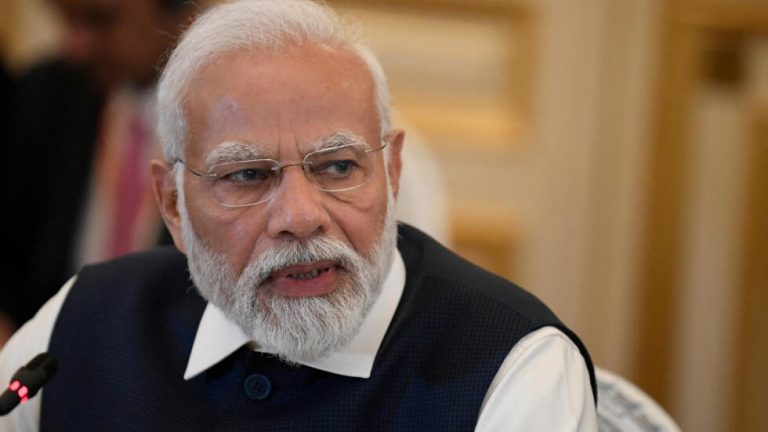The Indian Prime Minister added that each head of State has gone to the great event with a huge responsibility, therefore, he said, it is necessary to succeed, be decisive and work in unity with cooperation and mutual support.
He also urged the adoption of measures aimed at a just, inclusive and equitable energy transition and boosting clean energy supply chains, as well as overcoming selfishness, developing innovative technologies on a continuous basis and transferring them to other countries.
Moreover, the Prime Minister highlighted India’s achievements in climate action and held them up as an example of balancing ecology and economy.
Although India has 17% of the world’s population, our share of global carbon emissions is only less than four percent, he said.
Modi pointed out that India is one of the few that met targets on the intensity of carbon emissions into the atmosphere 11 years ago, those on non-fossil fuels nine years ahead of schedule, and maintains a goal of reducing emissions by 45% by 2030.
He stressed that climate was one of the main priorities during his country’s presidency of the Group of 20 (G20), which ended the day before to give way to Brazil’s mandate.
The New Delhi Declaration, unanimously approved at the summit held last September in the Indian capital, includes numerous concrete steps on this issue and sustainable development, the Prime Minister pointed out.
arm/mem/lrd









